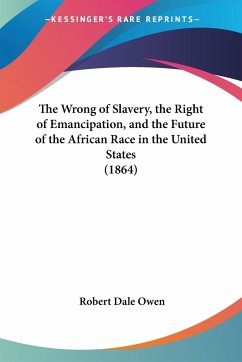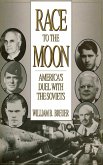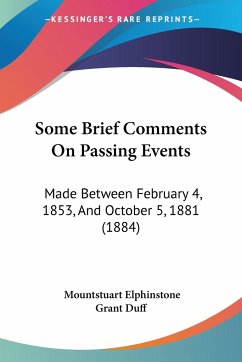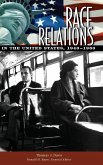Madison Grant is largely forgotten today, but in the early 20th century, he was a leading environmentalist. He spearheaded the effort to save America's buffalo and majestic redwood trees. He might be considered a lion of progressivism if not for the fact that If he is known at all, it is due to his belief--shared by many, if not most, early 20th century progressives--that Darwinism logically, rationally, and morally entailed 'eugenics.' Grant firmly believed that if evolution were true, then it was obvious, if not self-evident, that the human species itself could be seen as manifesting evolutionary adaptations. Grant saw the different races and their respective (supposeedly unique) characteristics as illustrative of this viewpoint. He also felt it demonstrable that some of the 'races' were biologically inferior to others, at least in relation to being 'adapted' to 'modern society.' His book, "The Passing of the Great Race", expressed his deep concern that the biologically 'superior' (for example, northern Europeans) would be 'swamped' by the 'inferiors' (Slavs, 'negros', etc). This quote from the book will give the reader a glimpse into Madison Grant's mind: "Mistaken regard for what are believed to be divine laws and a sentimental belief in the sanctity of human life tend to prevent both the elimination of defective infants and the sterilization of such adults as are themselves of no value to the community. The laws of nature require the obliteration of the unfit and human life is valuable only when it is of use to the community or race." Far from being ostracized for such views, Grant was highly regarded, counting people like the progressive president of the United States, Theodore Roosevelt, as a friend. Not surprisingly, it is also reported that a certain man named Hitler would also resonate with Grant's conclusions. Having put it in these terms, it is perhaps not surprising at all that Madison Grant is not very well known today. He represents a blot on America and a blemish on a movement believed to be, and still construed as, champions of humanity. This edition is based on Grant's book as originally published in 1916. It contains the original charts and maps, and the maps are in full color.
Hinweis: Dieser Artikel kann nur an eine deutsche Lieferadresse ausgeliefert werden.
Hinweis: Dieser Artikel kann nur an eine deutsche Lieferadresse ausgeliefert werden.









